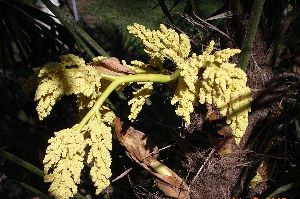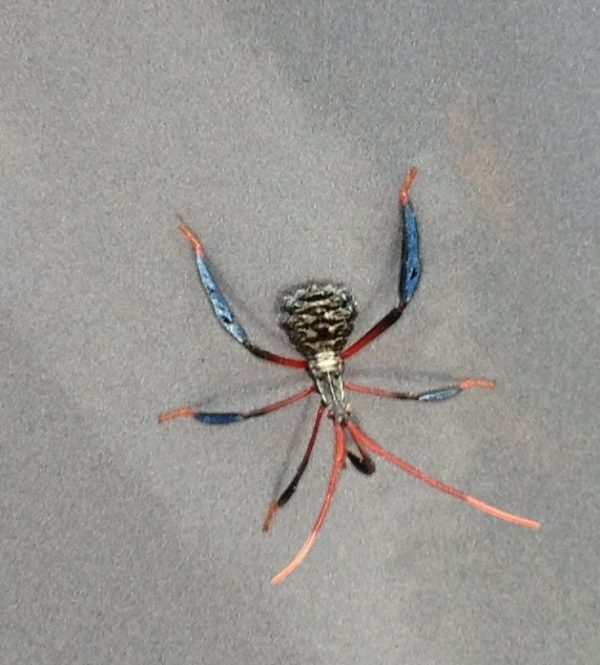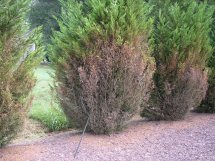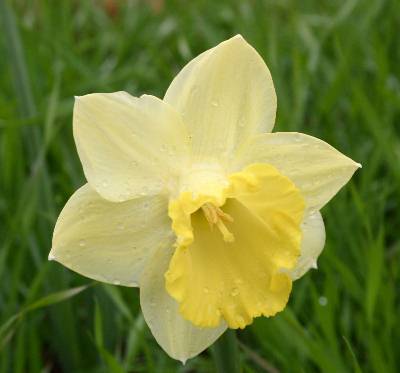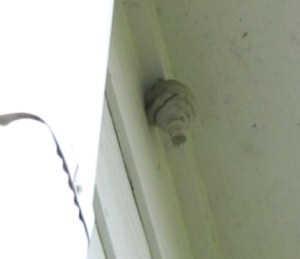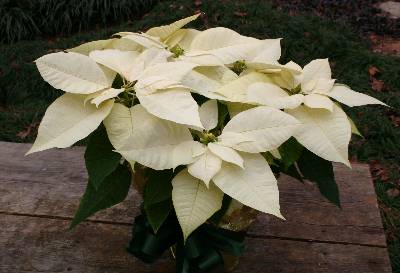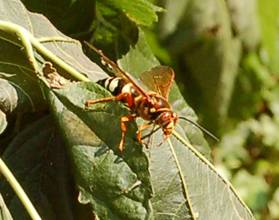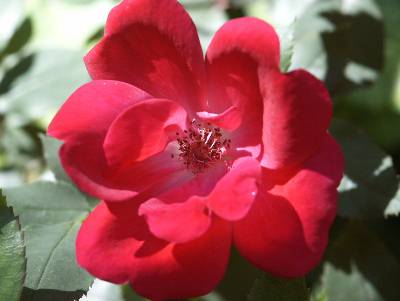Fig – Pruning

Q: I have heard several descriptions of how to prune a fig but some seem to conflict. What is the timing and severity of pruning the trees?
A: Figs try to bear two crops per year. After a mild winter, a small breba fig crop will be produced in summer on old wood (twigs that grew the previous autumn). The main crop occurs on new wood (twigs that grew and matured in the last six months). If you severely prune a fig in the winter, you remove all of the old wood. No breba figs will be produced the following early summer.
Lots of new juvenile wood is produced after a severe winter pruning. However, it takes at least six to eight months of growth before new fig twigs begin to produce flowers and make fruit. That usually takes you too far into the fall to harvest any ripe fruit. Effectively, you don’t harvest many figs the year after a severe winter pruning.
The best way to severely reduce a fig is to decide how big you can allow it to grow and prune it to half that size one January.
The best pruning method is to make cuts slightly beyond a smaller limb than the one you’re removing. By leaving the smaller limb in place, less juvenile growth will emerge.
Prune monthly in the summer by removing the tips of vertical sprouts when they are two feet long.
Do any further corrective pruning right after your fig fruits in fall. (Be sure to water regularly after pruning in fall).
Try to prune the more vertical limbs and leave most horizontal limbs alone, since these will bear most of the fruit. Don’t prune in winter again; let the summer and fall pruning be your main chore. With this schedule you may get a pretty good early crop (if it doesn’t freeze) and you’ll surely get a good fall crop each year.
MORE INFORMATION:
Home Garden Figs
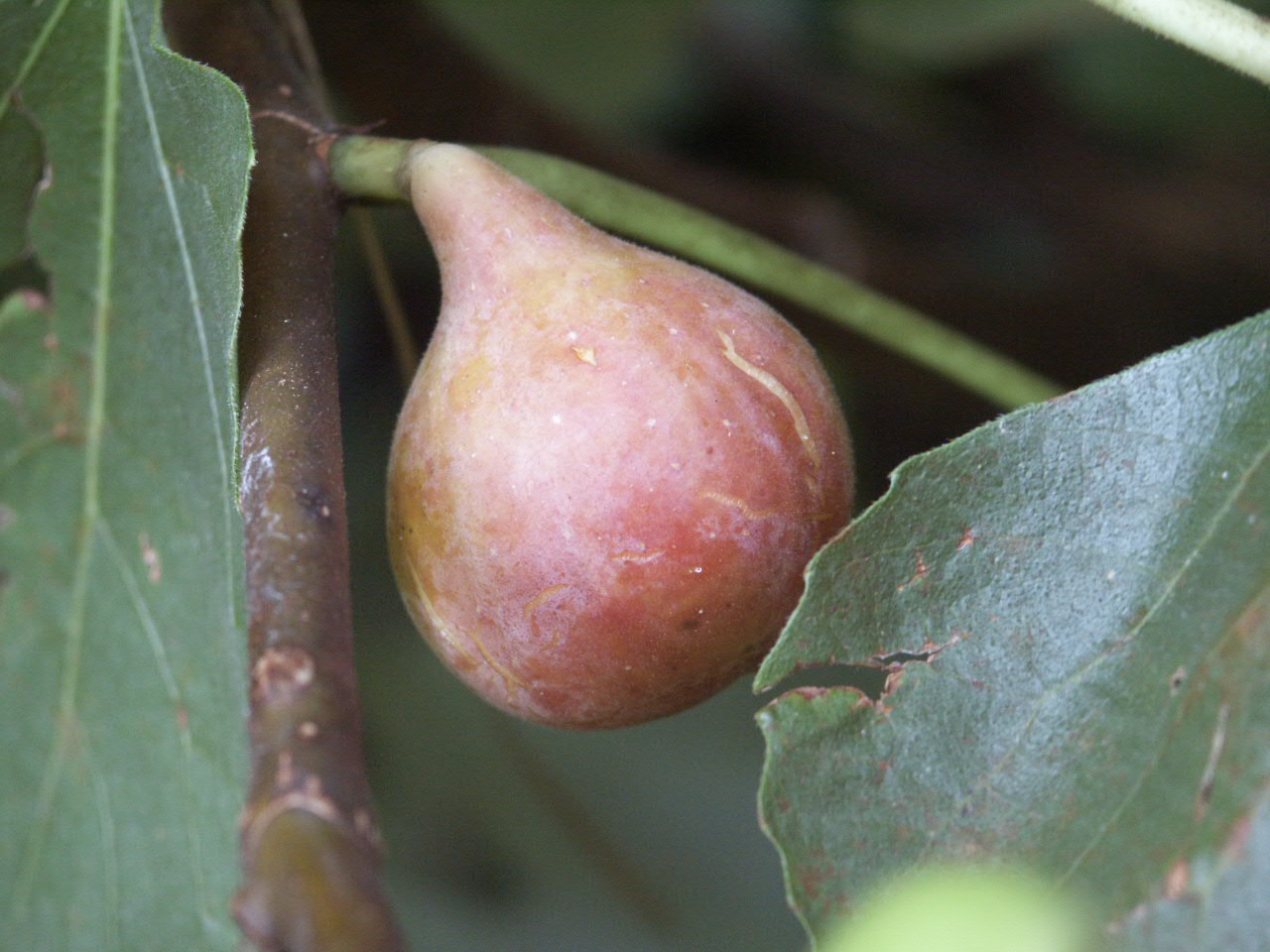
fig fruit



